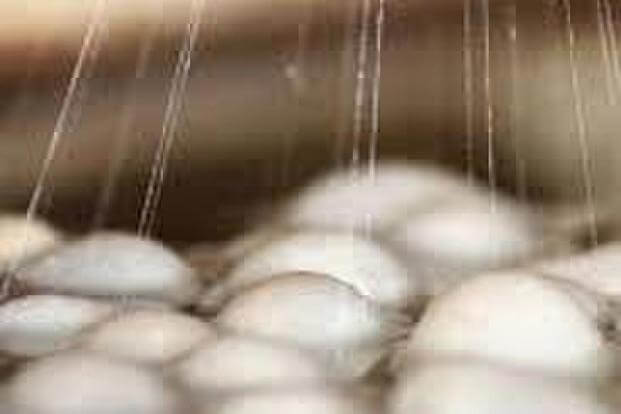The U.S. Air Force is looking for lighter, stronger material for airmen to wear on the battlefield. And it may be a job for spiders: Researchers are looking to arachnids to engineer new synthetic materials that are stronger than Kevlar.
Scientists at the Air Force Research Laboratory and Purdue University are teaming up to create new materials based on the natural properties of spider silk that are more flexible and have better breathing ability for service members in hot climates, according to a recent service release.
"Estimates indicate that while artificial spider silk may initially cost twice as much as Kevlar, the product's minimal weight, incredible strength and elasticity and potential adaptability for other needs are characteristics that enhance its salability," the release said.
And it's not just for body armor. Parachutes made from the synthetic material may be able to carry a larger payload because of its strength, officials said.
Related content:
- Future of Combat Medicine: Powdered Blood, Spray Bottle Skin
- AFSOC Surgical Team Wants Blood Warmers to Save Lives Downrange
- Military Changing Body Armor to Accommodate Women's Hairstyles
"Making the warfighter more comfortable by enhancing body armor is just one of the many improvements my team hopes to make by studying natural silk," said Dr. Augustine Urbas, a researcher in AFRL's functional materials division, Materials and Manufacturing Directorate, said in a released statement.
"Understanding natural silk will enable us to engineer multifunctional fibers with exponential possibilities," Urbas said. "The ultra-strong fibers outperform the mechanical characteristics of many synthetic materials as well as steel. These materials could be the future in comfort and strength in body armor and parachute material for the warfighter."
The news of the research comes almost two years after the Army began testing material from genetically-modified silkworms to create non-traditional protein fibers known as "Dragon Silk."
The service said at the time it was working with Michigan-based Kraig Biocraft Laboratories, altering silkworms to produce the tougher material, according to a report from Army Times.
Scientists told Army Times the technology had been in development and testing for more than a decade.
The Pentagon has also looked to mantis shrimp, crab and snail shells as next-generation composite materials that could potentially be copied using 3D printing for use in body armor.
-- Oriana Pawlyk can be reached at oriana.pawlyk@military.com. Follow her on Twitter at @oriana0214.










